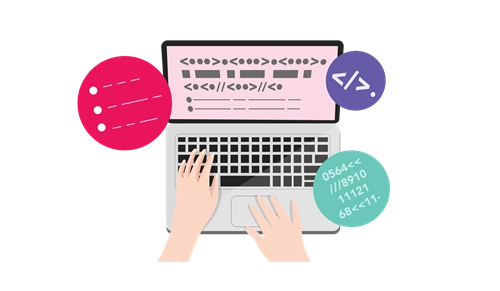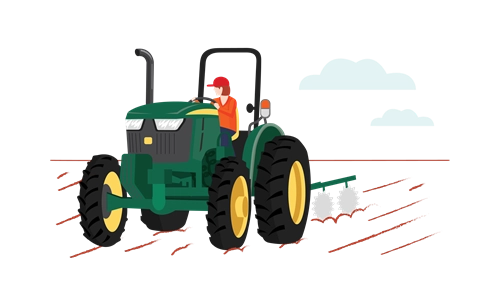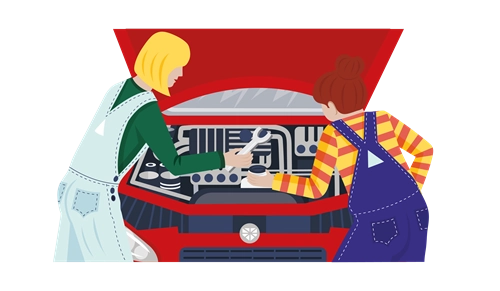Overview
The study of abstract deductive systems, numerical facts, data and their applications. The main purpose of this narrow field of education is to develop an understanding of symbolic language and logic, mathematical theories and their deductive systems, techniques and modelling. It also involves developing an understanding of random processes and the ability to apply mathematical methods and modelling techniques to practical problems.
Course skills
Mathematical Sciences develops skills in:
- application of mathematical methods to problem-solving
- analysis and development of mathematical systems and theories
- systematic methods to prove theorems and to construct, analyse and interpret mathematical models and numerical data.
Source: Australian Bureau of Statistics










